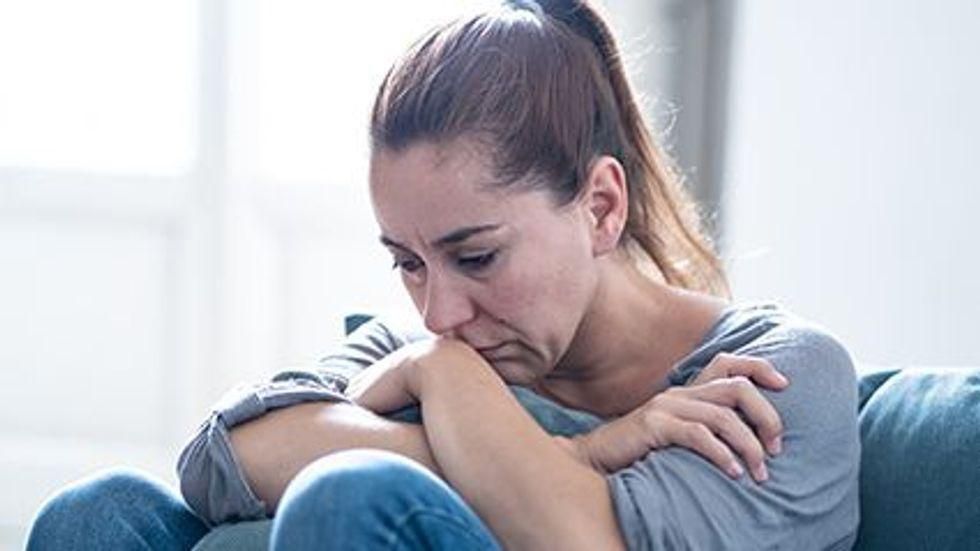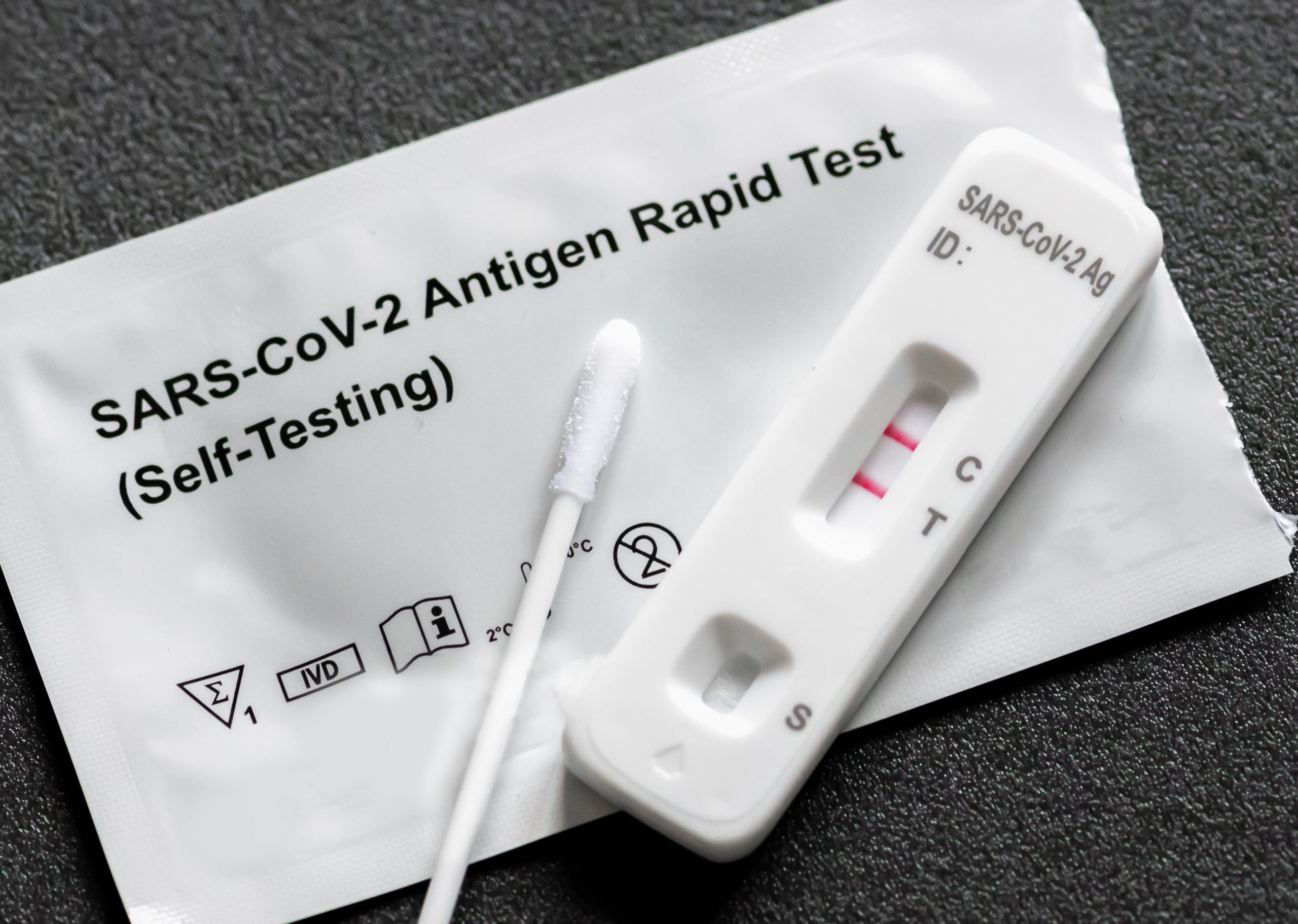
When couples stop coupling read on >

When couples stop coupling read on >

WEDNESDAY, Feb, 22, 2023Vaginal dryness. It happens to most postmenopausal women, but few talk about it and even fewer get treated for it. Vaginal dryness is a painful condition that occurs when the lining of the vagina does not produce enough lubrication. A healthy vagina has a thick discharge that keeps the tissues lubricated and… read on > read on >

About 44% of U.S. middle and high schools have student-run clubs that shine a light on issues that touch the lives of LGBTQ+ students. And new research suggests that depression risk among LGBTQ+ students is considerably lower in those schools where such Gender-Sexuality Alliances (GSAs), similar to Gay-Straight Alliances, are present and relatively active. “Depression… read on > read on >

It’s a worry for every man: While in the throes of passion, he experiences premature ejaculation. “Premature ejaculation is the most common male sexual disorder,” Waguih IsHak, a psychiatry professor at Cedars Sinai Medical Center in Los Angeles, said recently in a health blog. Luckily, it’s also the easiest to treat. “The problem is that… read on > read on >

People who are experiencing anxiety and depression months after a mild case of COVID-19 may have changes affecting the structure and function of their brains, Brazilian researchers report. “There is still much to learn about long COVID, which includes a wide range of health problems, including anxiety and depression, months after infection,” said Dr. Clarissa… read on > read on >

For reasons that can’t always be explained, some women experience pain in their external genital area. Called vulvodynia, this term encompasses everything from localized pain at a specific spot, such as on the outer or inner labia, for example, to pain throughout the area. It might feel like burning, aching, rawness, swelling or just irritation,… read on > read on >

Shopping for cataract surgery, a heart valve replacement or a colonoscopy? You’re better able these days to compare what one hospital charges against the prices at another, according to a new report from the U.S. Centers for Medicare and Medicaid Services. A majority of hospitals are now complying with U.S. federal rules that require them… read on > read on >

A COVID-19 shot may protect a person from more than the virus alone, new research suggests. Researchers from the Icahn School of Medicine at Mount Sinai in New York City linked vaccination with fewer heart attacks, strokes and other cardiovascular issues among people who later got COVID-19. The investigators described their study as the first… read on > read on >

Natural immunity acquired from a COVID infection provides strong and lasting protection against severe illness if a person becomes reinfected, a new evidence review has concluded. Ten months after a COVID infection, protection against hospitalization and death remains at 89% for Omicron and 90% for earlier variants, according to pooled data from 65 studies conducted… read on > read on >

FRIDAY, Feb. 17, 2023 (HealthDay News) – Sen. John Fetterman is being treated for clinical depression at Walter Reed National Military Medical Center. “While John has experienced depression off and on throughout his life, it only became severe in recent weeks,” Fetterman’s chief of staff Adam Jentleson said in a statement. The Pennsylvania Democrat checked… read on > read on >